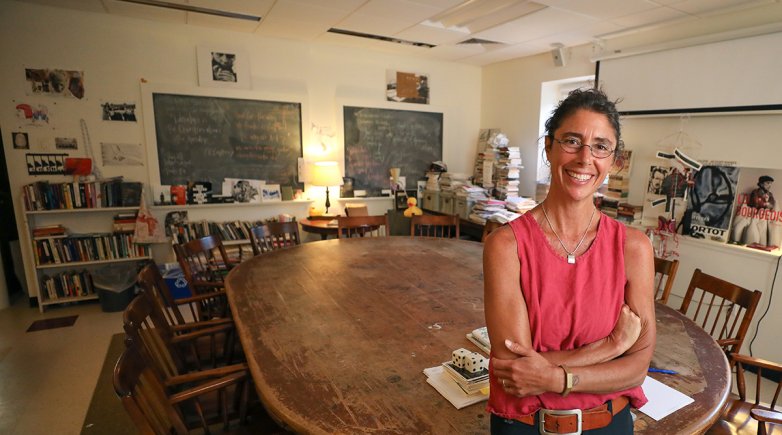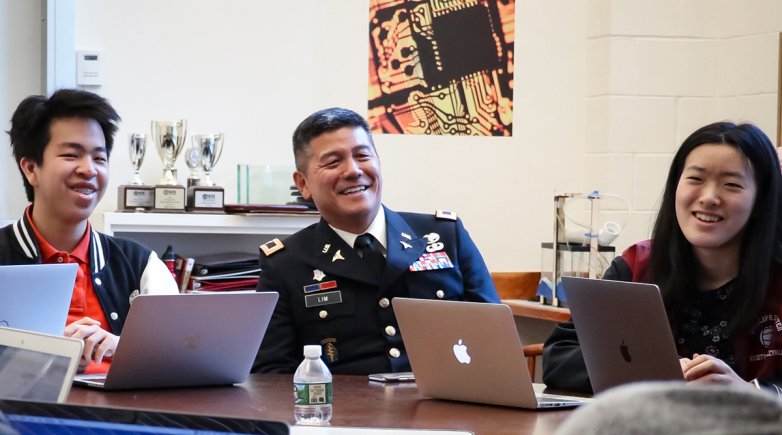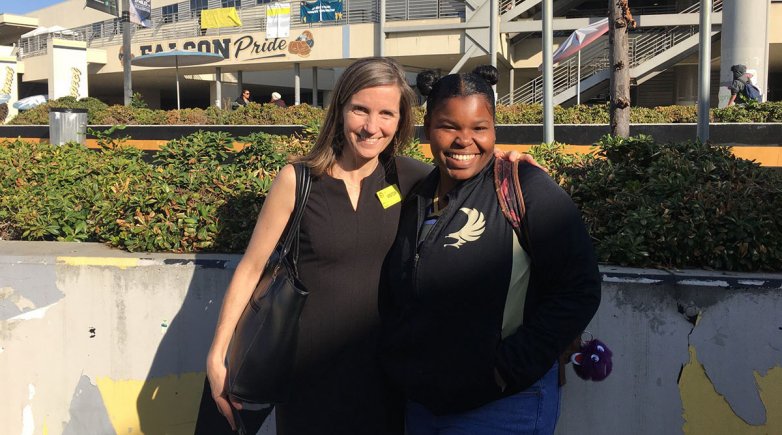Bill Jordan

"We shouldn’t be telling our students what to think, but helping them learn how to think.”
Want to talk turkey? Head to Bill Jordan’s classroom. There the history instructor of 22 years fosters dialogue about American and ancient history, politics, and the law across ideological and party lines. It’s a teaching philosophy reinforced around the table and on each of his room’s curated walls. There are rally placards for Trump, Obama, Newt and Ron Paul, he notes. “I want it to be as balanced as possible.”
Valuing all perspectives is a skill Jordan P’12, P’17, P’17 first honed at home (“My father was a newshound and politics junkie.”) and further developed during his time as a newspaper reporter covering crime, local government and school board meetings in Massachusetts for The Beacon and The Malden Evening News.
He brings that selfsame passion for community involvement and civic engagement to the Academy as a long-time boys cross country coach, dorm affiliate and adviser to the Exeter Political Union.
Here’s the scoop on a few notable objects in Academy Building Room 028.
— Jennifer Wagner



